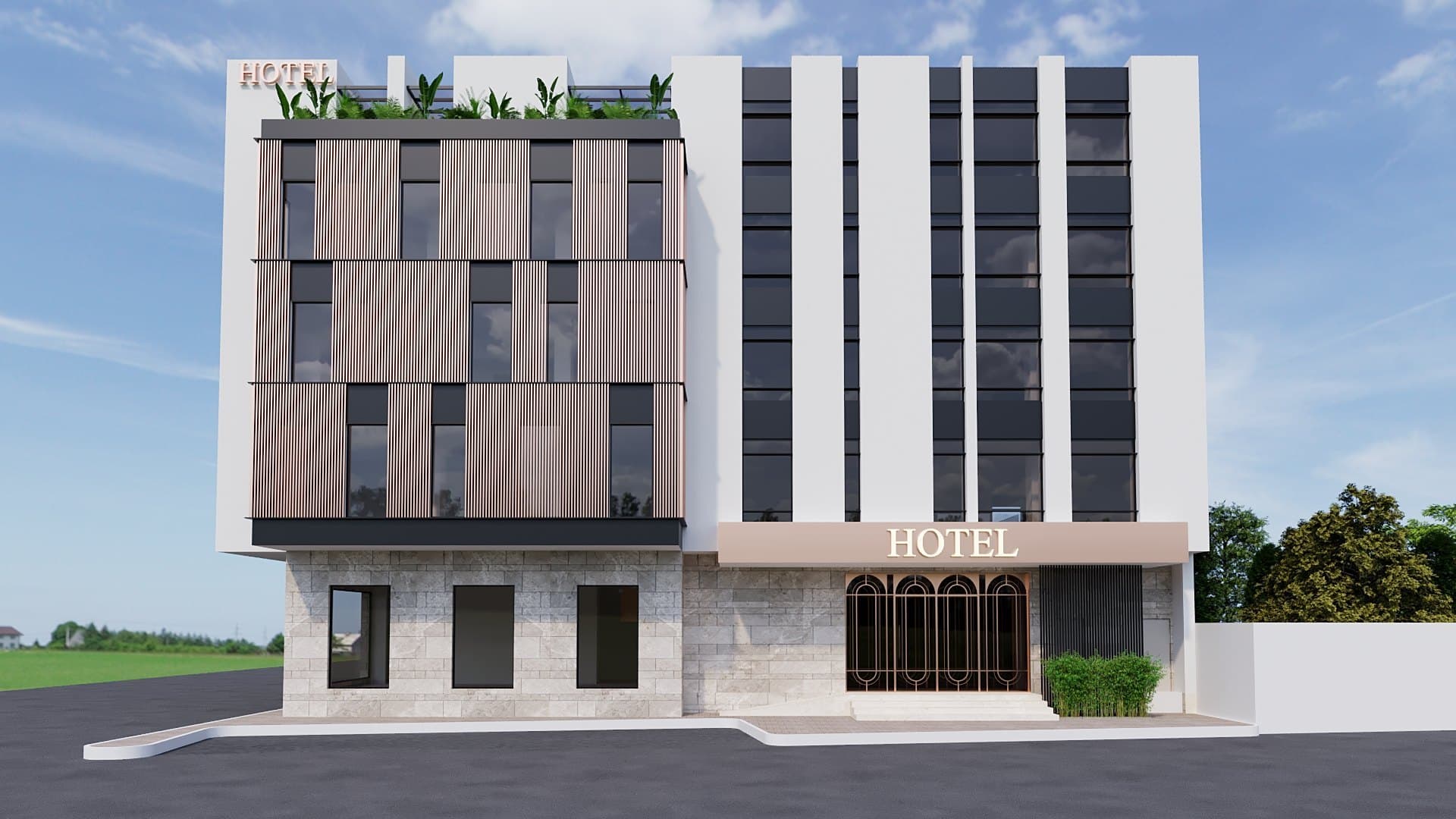Real Estate Development: An Overview
Real estate development is the process of improving land or buildings to increase their value. This industry plays a crucial role in urban growth and economic development. Developers transform raw land or underutilized properties into residential, commercial, or industrial projects. The process involves various stages, from initial planning to final construction and sales.
Stages of Real Estate Development
Site Selection and Feasibility Analysis
Identifying suitable land or properties
Conducting market research and feasibility studies
Analyzing zoning laws and regulatory requirements
Acquisition and Financing
Purchasing the property or securing land rights
Securing funding through investors, banks, or private lenders
Creating a financial model for the project
Planning and Design
Collaborating with architects, engineers, and urban planners
Obtaining necessary permits and approvals
Designing site layouts, floor plans, and infrastructure
Construction and Development
Hiring contractors and managing the construction process
Ensuring compliance with safety and building regulations
Monitoring budget and project timelines
Marketing and Sales
Promoting the property to potential buyers or tenants
Partnering with real estate agents and agencies
Negotiating sales or lease agreements
Property Management and Operations
Maintaining the property and ensuring tenant satisfaction
Managing rental agreements and financial returns
Planning for future upgrades or redevelopment
Types of Real Estate Development
Residential Development
Single-family homes
Apartment complexes
Condominiums and townhouses
Commercial Development
Office buildings
Shopping malls and retail centers
Hotels and mixed-use developments
Industrial Development
Warehouses and distribution centers
Manufacturing plants
Research and development facilities
Infrastructure and Mixed-Use Development
Transportation hubs
Smart cities and green developments
Integrated residential-commercial spaces
Challenges in Real Estate Development
Regulatory and Legal Issues: Zoning laws, environmental regulations, and building codes can impact project feasibility.
Financial Risks: Market fluctuations, interest rates, and construction costs can affect profitability.
Market Demand: Understanding buyer and tenant needs is crucial for project success.
Sustainability Concerns: Developers must consider eco-friendly building practices and energy-efficient designs.
Conclusion
Real estate development is a complex yet rewarding industry that requires strategic planning, financial expertise, and market insight. Successful developers navigate legal, financial, and environmental challenges to create valuable properties that contribute to economic growth and community development.
